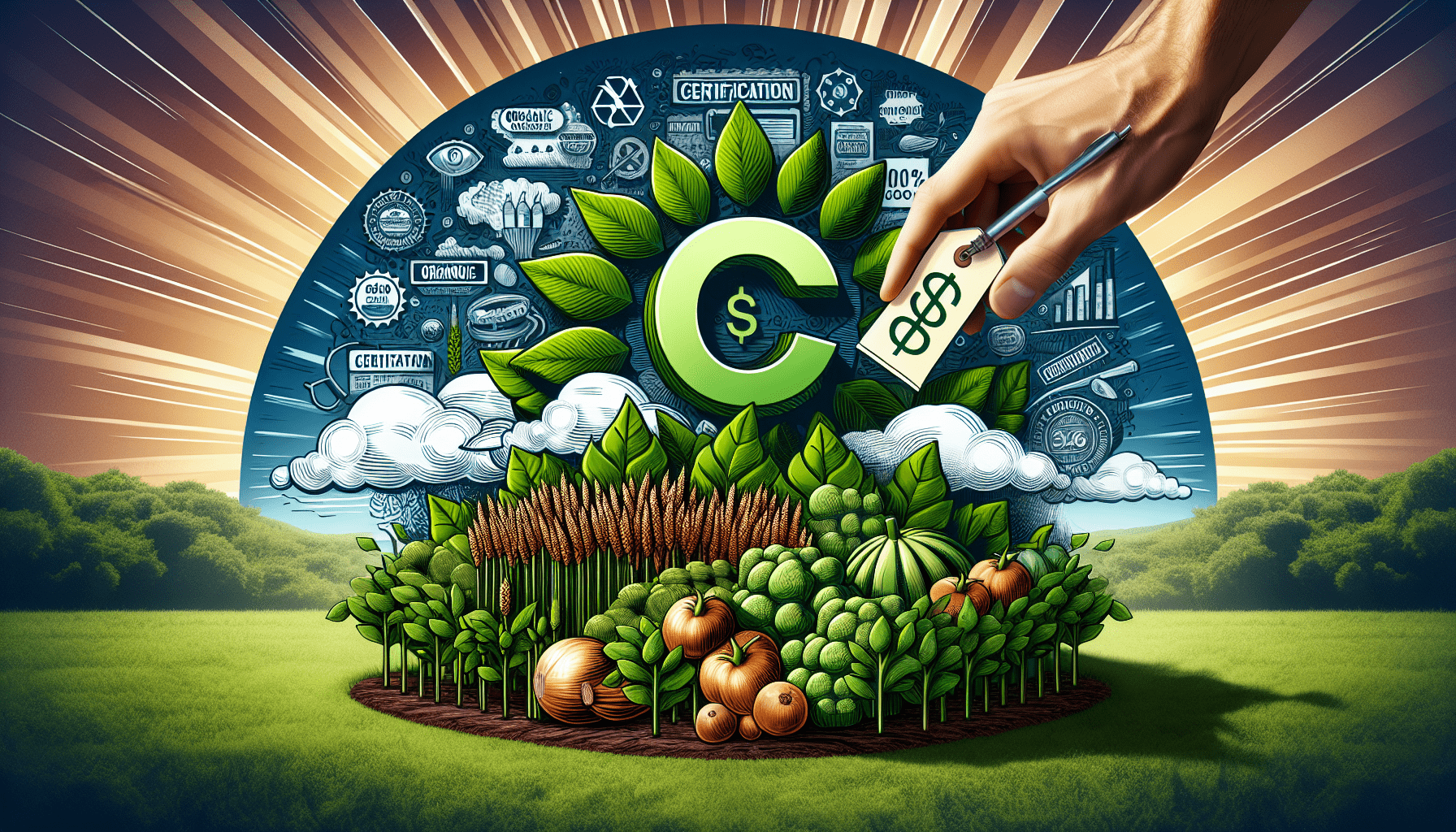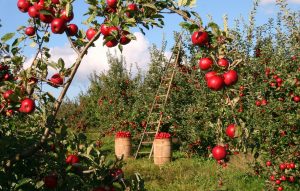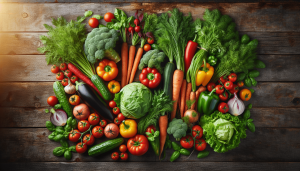Organic products are increasingly popular among health-conscious consumers, but their often higher price tags can be a point of hesitation for some. In this article, we will explore the underlying reasons behind why organic products tend to be more expensive than their conventional counterparts. From the rigorous standards of organic certification to the careful cultivation methods involved, we will uncover the factors that contribute to the higher cost of organic products and shed light on the benefits they bring to our health and the environment.
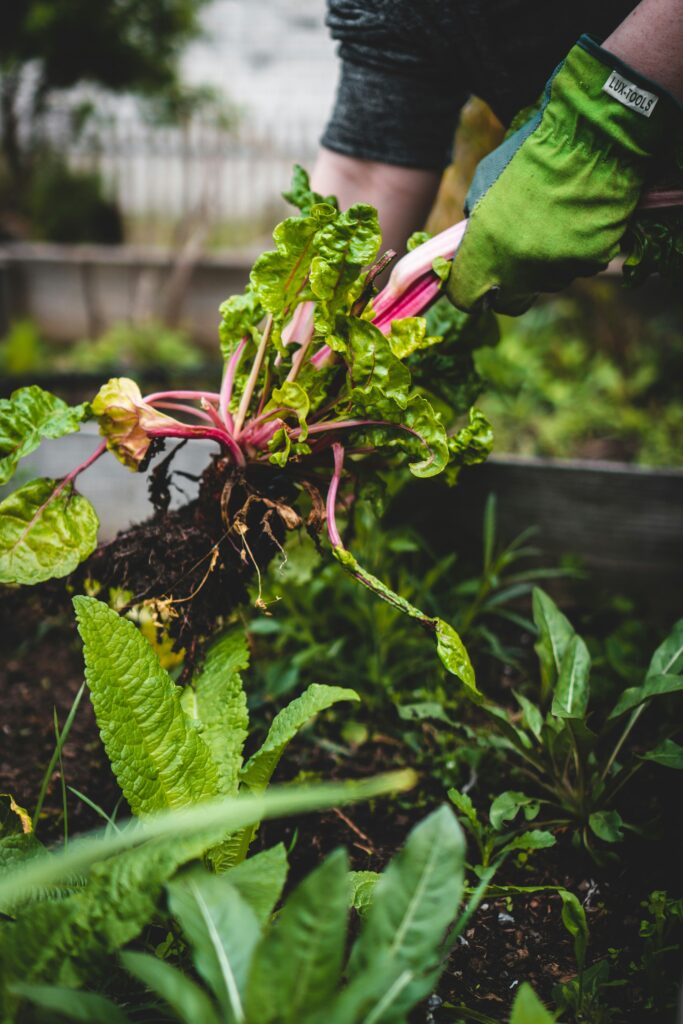
Higher production costs
Organic farming practices involve several factors that contribute to higher production costs. Firstly, organic farmers follow specific farming practices, such as avoiding the use of synthetic fertilizers and pesticides. Instead, they rely on natural methods, which are often more time-consuming and require additional labor. This extra effort translates into increased costs for farmers.
Moreover, the certification process for organic products adds to the production costs. Organic farmers must adhere to strict standards and undergo regular inspections and audits to maintain their organic certification. These processes require extensive paperwork and documentation, which demand additional time and resources. Ultimately, these costs are passed on to consumers.
Another significant factor that contributes to higher production costs is labor. Organic farming methods often rely heavily on manual labor, such as hand-weeding and manual pest control. While conventional farming practices may utilize machinery and synthetic pesticides, organic farmers must dedicate more time and physical effort to maintaining their crops. As a result, labor costs are higher in organic farming, ultimately impacting the final price tag of organic products.
Lower economies of scale
One of the reasons organic products are more expensive is the limited market demand. While the popularity of organic products has been growing steadily, it still represents a smaller market compared to conventional products. As a result, organic farmers often face lower production volumes, which reduce their economies of scale.
Lower production volumes impact the cost of production in several ways. Firstly, the cost of inputs, such as seeds, fertilizers, and other organic materials, is spread over a smaller quantity of products, leading to higher per-unit costs. Additionally, the cost of distribution also increases when the volume of products being transported is lower. These factors combined contribute to the higher price of organic products compared to conventionally produced alternatives.
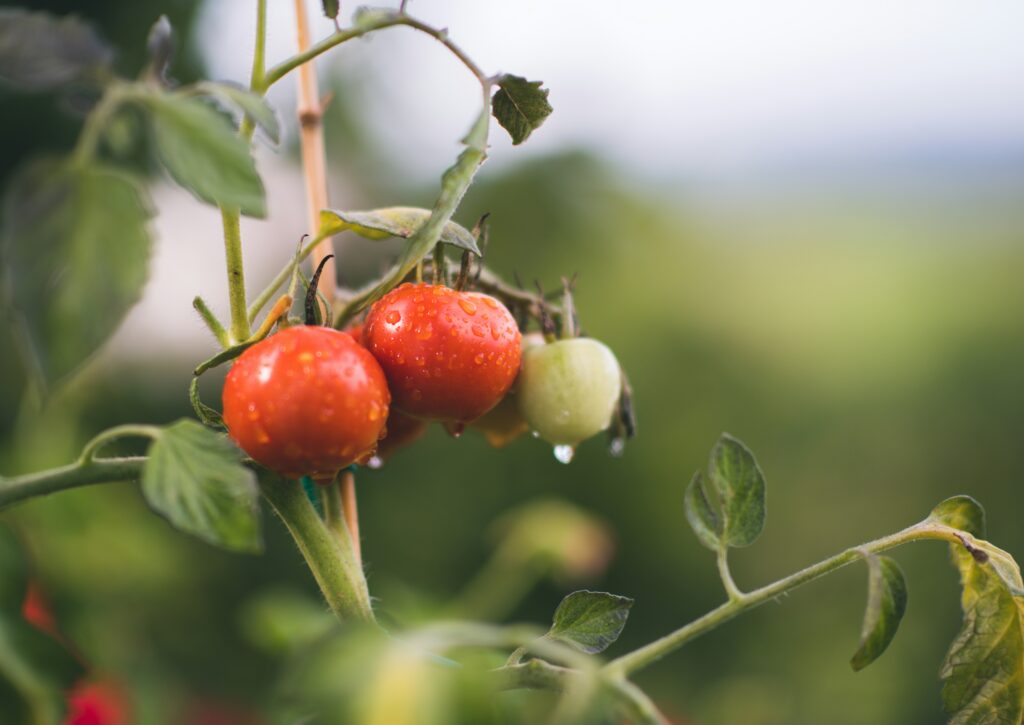
Higher input costs
In organic farming, the use of organic seeds, fertilizers, pest and disease control methods, and animal feed is mandatory. While these inputs may be more environmentally friendly and in line with organic principles, they also tend to be more expensive than their conventional counterparts.
The higher cost of organic seeds and fertilizers stems from several factors. Firstly, the demand for organic inputs is still relatively low compared to the conventional market, resulting in limited availability and higher costs. Additionally, the production of organic inputs often requires a more complex and resource-intensive process, leading to increased prices. These heightened input costs ultimately contribute to the higher price of organic products.
Time-consuming production methods
Organic farming methods prioritize natural and sustainable practices, which often require additional time and effort compared to conventional farming. Crop rotation and fallow periods are essential components of organic farming, promoting soil health and reducing the risk of pests and diseases. However, these practices mean that farmers must leave sections of their land uncultivated for specific periods, leading to decreased productivity and potentially higher costs.
Moreover, organic farmers rely on hand-weeding and manual labor to control weeds and pests, as synthetic herbicides and pesticides are not allowed. This labor-intensive approach can be time-consuming and costly. Additionally, organic fertilization practices, such as composting and the use of natural fertilizers, take longer to break down and release nutrients, further extending the production timeline. All these factors contribute to the higher production costs of organic products.
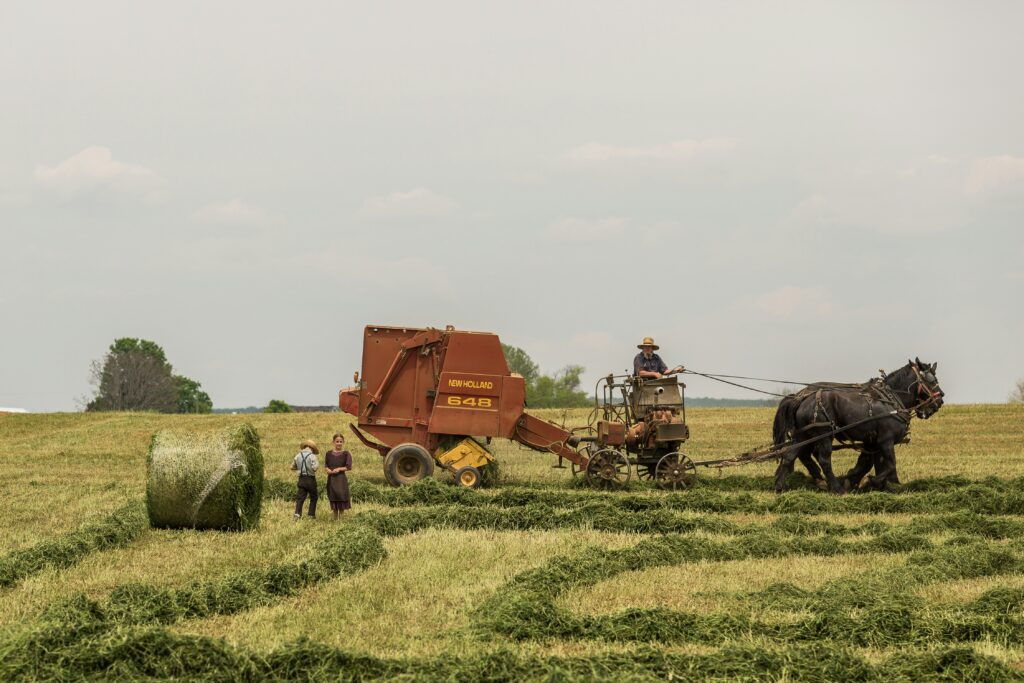
Lack of government subsidies
While conventional farming often benefits from government subsidies and financial assistance programs, organic agriculture typically lacks the same level of support. Non-availability of financial assistance and limited access to subsidies can put organic farmers at a disadvantage, leading to increased production costs.
Furthermore, the higher import costs for organic inputs also contribute to the price disparity. Organic farmers often rely on imported organic materials, such as fertilizers or animal feed, which may incur additional costs due to import duties or transportation expenses. This further strains the already higher production costs of organic products.
Another aspect of government support comes in the form of research and development funding. While conventional agriculture often receives substantial funding for innovation and improvement, organic farming may lag behind due to limited research and development investments. This lack of research support results in slower progress in developing new organic farming techniques and technologies, potentially impacting the efficiency and cost-effectiveness of organic production.
Strict organic certification standards
Certification is a crucial aspect of organic production, ensuring that products meet the required organic standards. However, adhering to these strict standards comes with its own set of challenges and costs. Regular inspections and audits must be conducted to maintain organic certification, which adds to the administrative burden and entail additional expenses.
Organic farmers are required to keep extensive records and documentation to demonstrate compliance with organic standards. This can include records of seed sources, fertilization methods, pest control measures, and more. The time and effort invested in maintaining these records and preparing for inspections contribute to the overall production costs of organic products.
Moreover, organic farmers must invest in training and education to keep up with the evolving organic requirements and practices. Staying updated with the latest organic regulations and standards necessitates continuous learning and continual improvement in farming practices. These educational investments also contribute to the higher production costs of organic products.
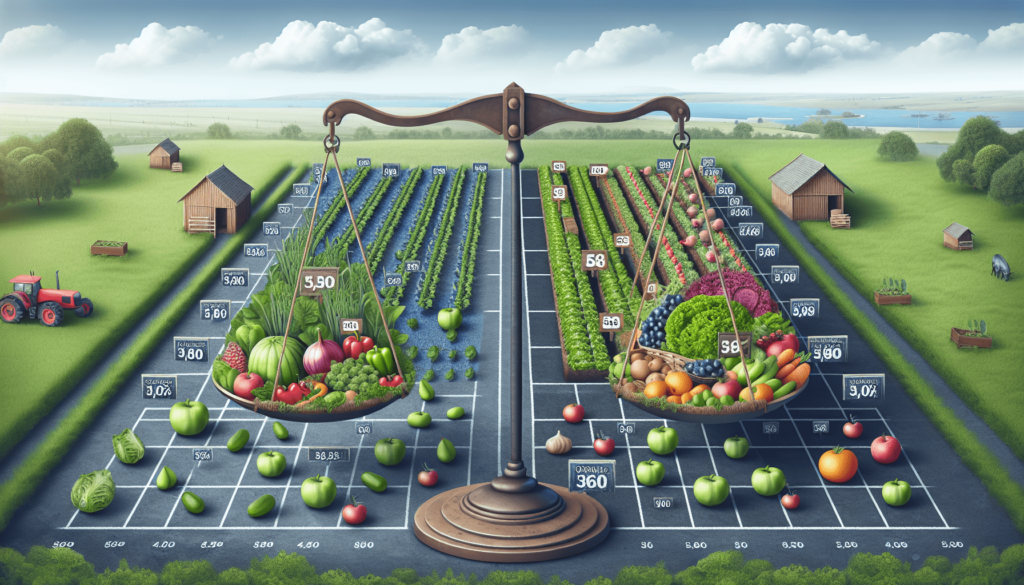
Marketing and labeling requirements
Organic products must adhere to stringent labeling regulations, requiring accurate and transparent information to be provided to consumers. This level of transparency and traceability comes with additional costs associated with labeling and packaging requirements.
To promote and differentiate their organic products, producers often need to invest in marketing campaigns. Advertising organic products and highlighting their benefits compared to conventional alternatives requires resources in terms of time, creativity, and financial investments. These marketing efforts contribute to the overall cost of organic products.
Limited shelf life and storage challenges
Organic products tend to have a shorter shelf life compared to their conventionally produced counterparts. This shorter shelf life arises from the absence of synthetic preservatives and additives commonly found in conventional products. As a result, organic producers may face challenges in maintaining the quality and freshness of their products, which can lead to increased costs.
To ensure the integrity and freshness of organic products, producers may need to invest in proper storage facilities. This may include temperature-controlled environments, proper packaging to reduce spoilage, and other storage management systems. The additional investment required for adequate storage facilities adds to the overall production costs of organic products.
Furthermore, managing inventory for organic products becomes more challenging due to their limited shelf life. Producers may need to account for potential product expiration or spoilage, which can result in increased inventory management costs. These challenges and costs further contribute to the higher price of organic products.
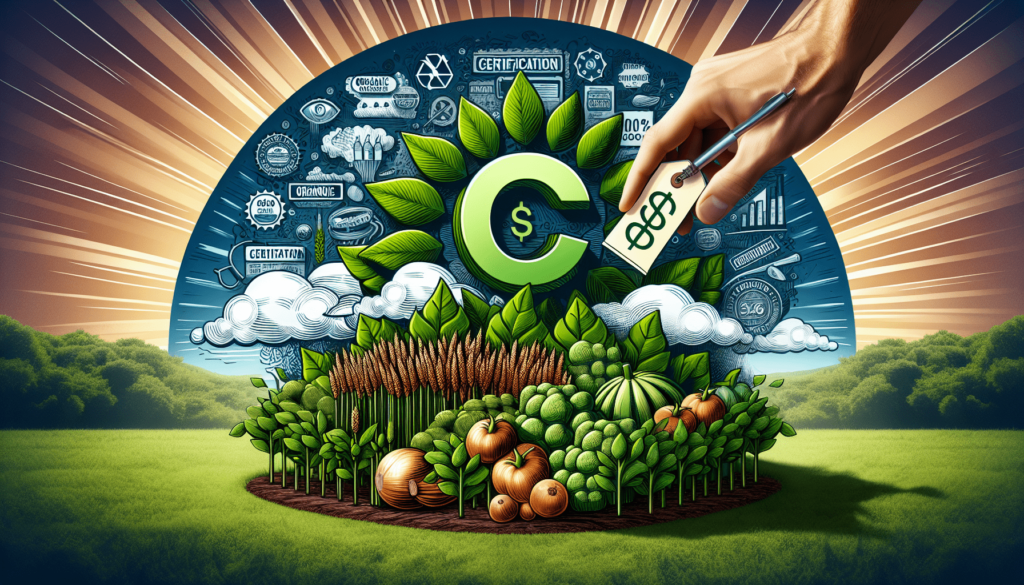
Higher transportation costs
The transportation of organic products can be more expensive due to several factors. The distance between organic farms and suppliers may be greater compared to conventional farms, resulting in increased transportation costs. Organic farmers may need to transport their products over longer distances to reach markets or distribution centers, impacting the final price of organic products.
Furthermore, specialized transportation requirements may be necessary for organic products. For example, perishable organic goods may require cold chain transport to maintain their freshness and quality. The specialized equipment, vehicles, and handling processes needed for proper transportation can increase transportation costs, which ultimately affects the price of organic products.
Additionally, premium shipping and handling charges can add to the transportation costs of organic products. Given that organic products often demand special care and attention during transportation, carriers may charge higher fees or premiums. These added expenses contribute to the overall higher cost of organic products.
Consumer willingness to pay
The price of organic products is also influenced by consumer willingness to pay a premium for perceived health and environmental benefits. Many consumers value the absence of synthetic chemicals and the use of sustainable farming practices that organic products offer.
The perceived health benefits associated with organic food, such as lower pesticide residues and potential health risks, can justify the higher price for many consumers. Moreover, the environmental benefits of organic farming, such as reduced soil erosion, water contamination, and biodiversity preservation, also contribute to the willingness of consumers to pay more for organic products.
Furthermore, organic products are often associated with higher quality. Consumers expect superior taste, freshness, and nutritional value from organic foods, which justifies the higher price for them. The support for sustainable agriculture and the desire to contribute to a more sustainable food system also lead consumers to choose organic products and accept their higher price.
In conclusion, several factors contribute to the higher price of organic products. Higher production costs, lower economies of scale, higher input costs, time-consuming production methods, and lack of government subsidies all play a role. Strict organic certification standards, marketing and labeling requirements, limited shelf life, higher transportation costs, and consumer willingness to pay a premium are also key factors. Despite the higher price, organic products offer perceived health and environmental benefits, higher quality expectations, and support for sustainable agriculture, making them an attractive choice for many consumers.

